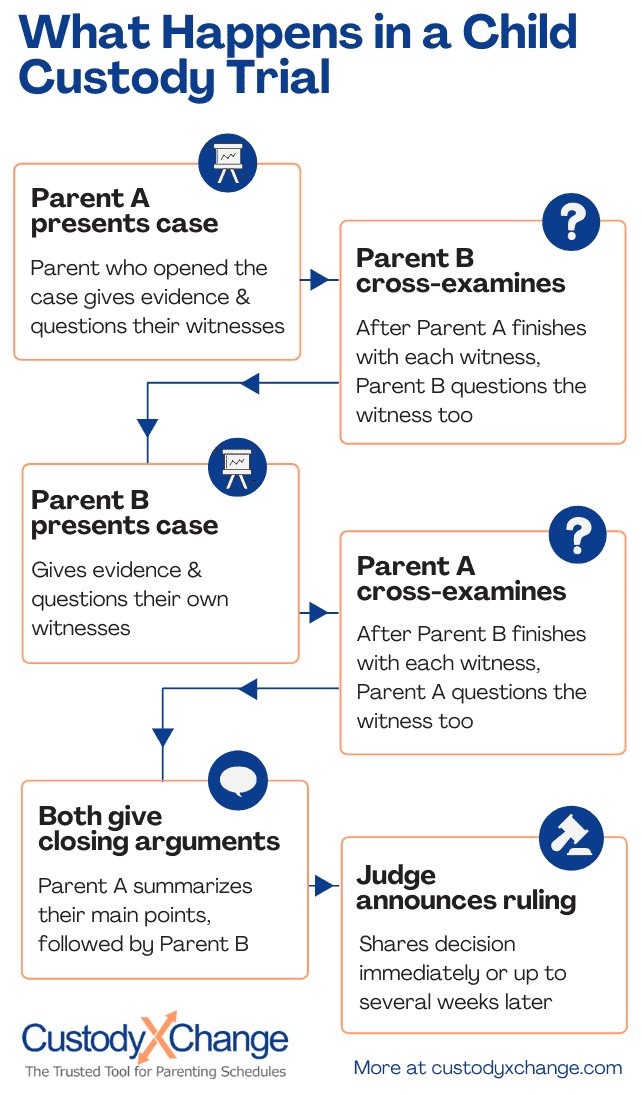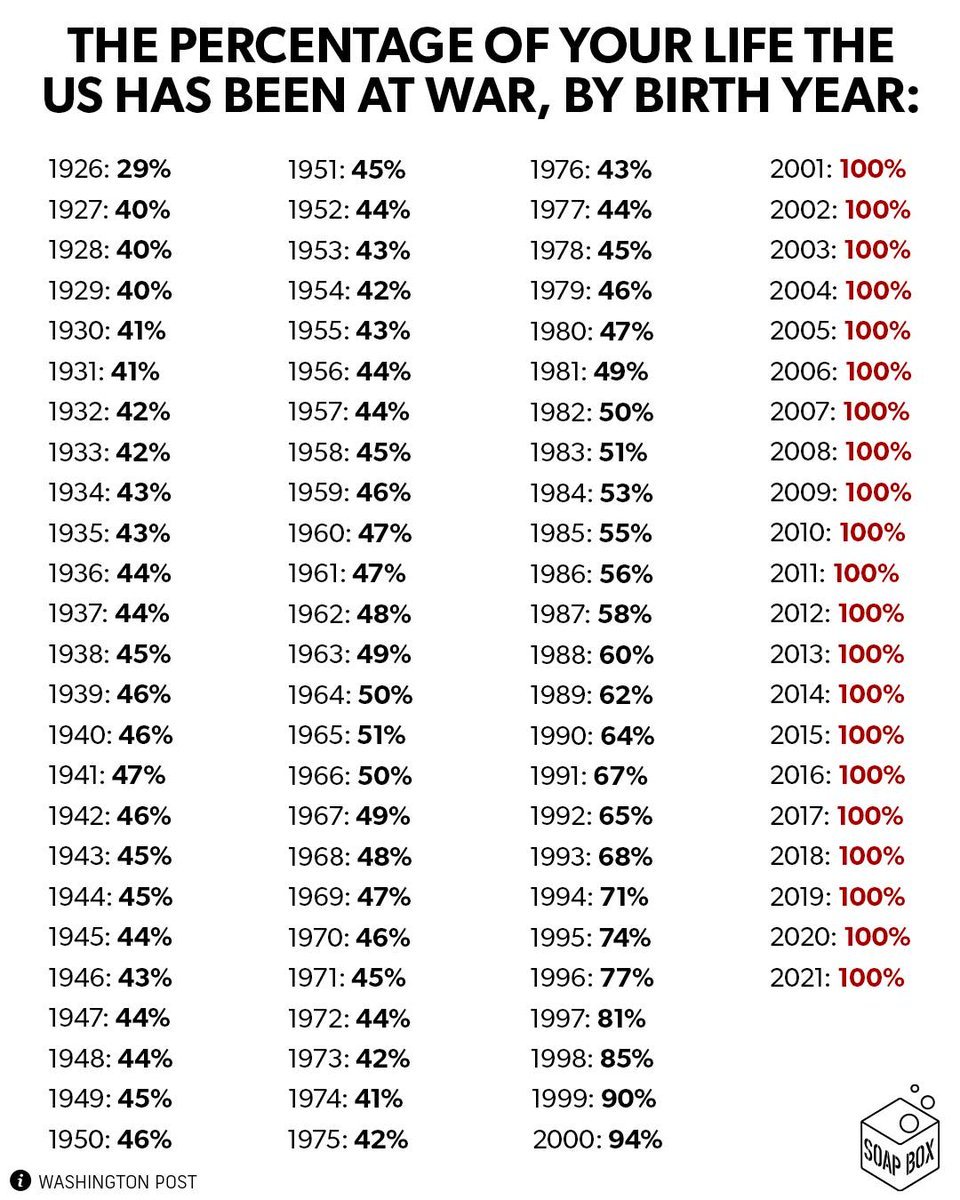Custody court proceedings can vary in duration. On average, the process can take several months to reach a resolution. Factors such as the complexity of the case, the court’s schedule, and any disputes between the involved parties can influence the timeline. Understanding how long does custody court take is crucial for managing expectations and navigating the legal system effectively. Let’s delve into the factors that impact the timeline of custody court proceedings.
How Long Does Custody Court Take?
Welcome to our guide on the timeline of custody court proceedings. Going through a custody battle can be challenging and stressful, and one common question that arises is, “How long does custody court take?” In this article, we’ll walk you through the different stages of custody court proceedings and provide insights on the duration of each step along the way.
Understanding the Custody Court Process
Before diving into the timelines, it’s essential to have a basic understanding of how custody court proceedings typically unfold. Custody court cases involve determining the custody arrangement for children when parents are unable to reach an agreement on their own. The court’s main goal is to make decisions that are in the best interests of the children involved.
Initial Filing and Response
The process usually begins with one parent filing a petition with the court seeking custody or modifications to an existing custody arrangement. The other parent must then respond to the petition, either agreeing or disagreeing with the proposed custody arrangements. This stage sets the groundwork for the rest of the proceedings.
Mediation and Settlement Conference
Many courts require parents to attempt mediation before proceeding to trial. In mediation, a neutral third party helps parents work together to reach a mutually agreeable custody arrangement. If mediation is unsuccessful, a settlement conference may be held to encourage the parties to reach a compromise.
Court Hearings and Trial
If the parents are unable to agree on custody arrangements through mediation or settlement conferences, the case will proceed to court hearings. During these hearings, both parties present their arguments, evidence, and witnesses to support their positions. If a resolution is still not reached, the case may go to trial, where a judge will make a final decision on custody.
Factors Affecting the Duration of Custody Court Cases
Several factors can influence how long a custody court case takes to reach a resolution. Understanding these factors can help manage expectations regarding the timeline of the proceedings.
Complexity of the Case
The complexity of the case plays a significant role in determining how long custody court proceedings will take. Cases involving multiple children, allegations of abuse, or disputes over parental fitness can prolong the process.
Cooperation Between Parents
The level of cooperation between parents can also impact the duration of custody court cases. If both parents are willing to work together and reach a compromise, the process is likely to move more quickly. However, if there is significant conflict and disagreement, the proceedings may be prolonged.
Court Backlog
The backlog of cases in the family court system can also affect the timeline of custody court proceedings. Courts with a high caseload may experience delays in scheduling hearings and trials, leading to longer wait times for resolution.
Typical Timeline of Custody Court Proceedings
While every custody court case is unique and timelines can vary, there is a general timeline that most cases follow. Here’s an overview of the typical stages and duration of custody court proceedings:
Initial Filing to Preliminary Hearing (1-3 months)
After the initial filing of the custody petition, the court will schedule a preliminary hearing to review the case and set temporary custody arrangements if necessary. This stage usually takes between 1 to 3 months to complete.
Mediation and Settlement Conference (1-2 months)
If mediation is required, it typically takes place within the first few months of the case. The process can last 1 to 2 months, depending on the parties’ availability and willingness to cooperate.
Court Hearings and Trial (6-12 months)
If the case proceeds to court hearings and trial, this stage can be the most time-consuming, lasting anywhere from 6 to 12 months. The scheduling of hearings, preparation of evidence, and the judge’s availability all contribute to the duration of this phase.
Final Judgment and Implementation (1-2 months)
After the trial concludes, the judge will issue a final judgment outlining the custody arrangements. The implementation of the court order, such as custody exchanges and visitation schedules, typically takes 1 to 2 months to finalize.
In conclusion, the duration of custody court proceedings can vary depending on various factors, including the complexity of the case, the level of cooperation between parents, and court backlog. While there is no definitive answer to how long custody court cases take, having a general understanding of the process and timelines can help manage expectations and navigate the proceedings more effectively.
Remember, each custody case is unique, and it’s essential to seek legal advice and support to ensure the best possible outcome for you and your children.
How Long Do Child Custody Cases Take? | Child Custody Hearing
Frequently Asked Questions
How long does the custody court process typically take?
The duration of the custody court process can vary based on several factors, including the complexity of the case, the willingness of the parties to negotiate, and the court’s schedule. In general, it can take several months to over a year to reach a final custody decision.
What can prolong the custody court process?
Several factors can prolong the custody court process, such as disagreements between the parties, the need for extensive evidence gathering, scheduling conflicts with the court, and the need for multiple court appearances. Additionally, if the case goes to trial, it can significantly extend the duration of the process.
Is there a way to expedite the custody court proceedings?
While each case is unique, there are a few strategies that may help expedite the custody court proceedings. These include reaching agreements through mediation or negotiation outside of court, being organized and responsive to court requirements, and working with experienced legal professionals who can streamline the process.
Final Thoughts
In conclusion, the duration of a custody court case can vary widely depending on various factors. The process typically involves multiple court appearances, evaluations, and negotiations, which could prolong the proceedings. It is essential to be prepared for delays and be patient throughout the legal process. Understanding the factors that contribute to the timeline can help manage expectations when navigating the complexities of how long does custody court take.




